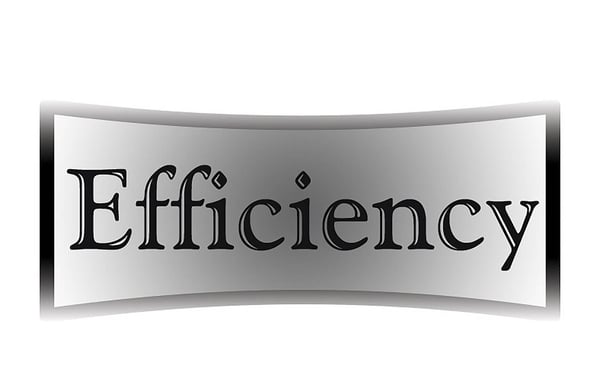Do motivated employees really perform best?
Mark Murphy, Manager of the US consulting firm Leadership IQ, had reasonable doubts concerning this statement and checked it.
By means of a questionnaire he assessed the motivation of employees in about 200 US companies. In addition, Murphy recieved data from the respective companies regarding the performance of the employees questioned.
The result was shocking: In 42% of the companies the employees that worked the least were the most content. The top performers, on the contrary, stated a lack of motivation.
One reason for this: Superiors talk with the less hardworking employees only rarely or very little. So-called “low performers“ often do not know that they perform less. From this in turn the top performers have to suffer! So far the theory.
The consequence of this is clear: The top performers are compelled to compensate the deficits of their colleagues, which causes them even more stress. The logical result: Motivation sinks!
Furthermore – so Murphy – low performers are praised more often, since already minimal improvements justify recognition. On the contrary, the best possible results are expected from the top performers.

Even if this study and the conclusions derived from it are rather one dimensional and linear (since motivation and performance are somewhat more complex constructions after all), the results and observations correspond with our everyday work: The supervisors usually mean well, but sometimes they achieve the opposite effect of what they intend.
What can help? Clearly stating one’s own expectations (even if it hurts), appropriateappreciation of all employees, attentive and fair work distribution between all employees.
Which experiences have you made? What approach has proven to be successful for you?

